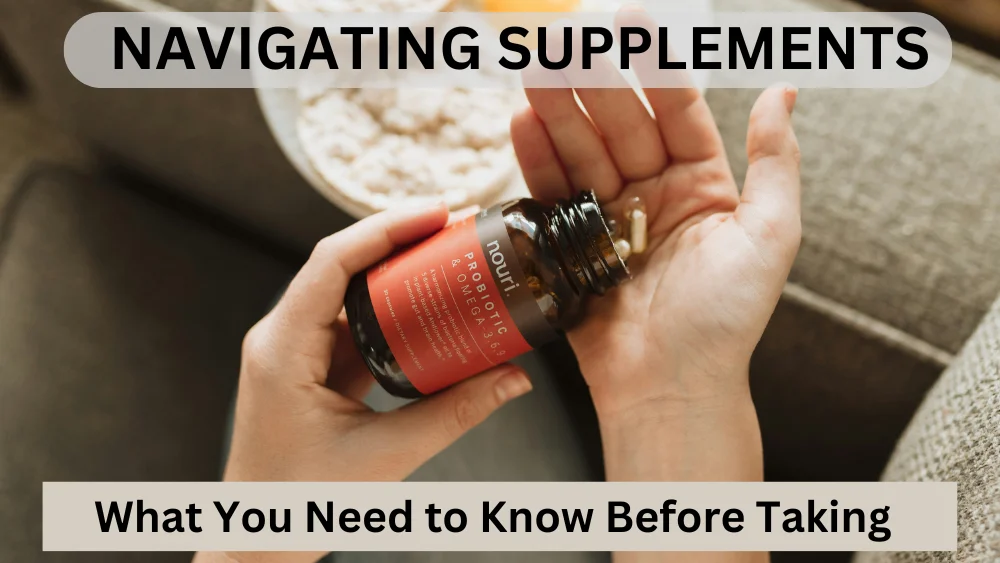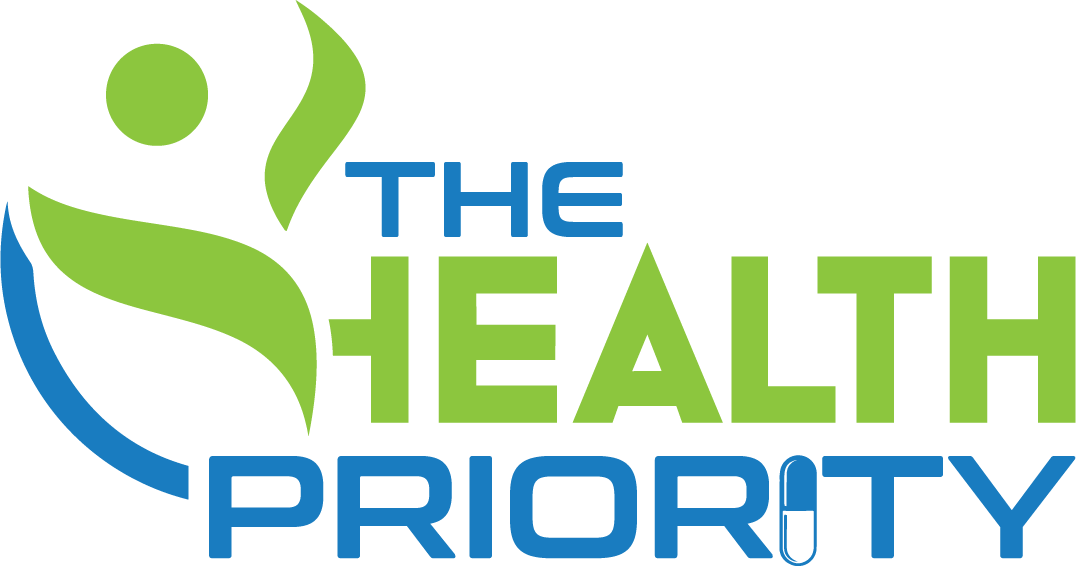Navigating Supplements: What You Need to Know Before Taking Them?

In today’s health-conscious world, many individuals turn to dietary supplements to fill nutritional gaps, boost their health, or address specific concerns. With a plethora of options available on the market, navigating the world of supplements can be overwhelming. Before you reach for that bottle, it’s essential to arm yourself with knowledge to make informed decisions about supplement usage. In this comprehensive guide, we’ll delve deeper into what you need to know before incorporating supplements into your routine.
Understand Your Needs
Before considering any supplements, it’s crucial to assess your dietary and lifestyle habits. Are you deficient in certain nutrients due to dietary restrictions, medical conditions, or lifestyle choices? Do you have specific health goals you’re trying to achieve, such as improving athletic performance, supporting immune function, or managing stress? Understanding your needs will help you determine which supplements, if any, may be beneficial for you.
Consult with a Healthcare Professional
While supplements are readily available over the counter, it’s advisable to consult with a healthcare professional before starting any new regimen. A doctor, registered dietitian, or nutritionist can help assess your individual needs, recommend appropriate supplements, and ensure they won’t interfere with any medications or existing health conditions. Additionally, they can provide personalized guidance based on your unique health profile and goals.
Research the Supplement
Not all supplements are created equal, and not all claims are backed by scientific evidence. Before purchasing a supplement, research the product thoroughly. Look for reputable brands that adhere to Good Manufacturing Practices (GMP) and have undergone third-party testing for quality and purity. Additionally, check for scientific evidence supporting the efficacy and safety of the supplement for your intended use. Peer-reviewed studies, meta-analyses, and systematic reviews are valuable sources of information to evaluate the effectiveness of a supplement.
Consider the Form and Dosage
Supplements come in various forms, including capsules, tablets, powders, and liquids. Consider which form is most convenient and suitable for you, taking into account factors such as ease of swallowing and absorption. Additionally, pay attention to dosage recommendations. Taking too much of a supplement can be harmful, while taking too little may not provide the desired benefits. Follow the recommended dosage guidelines provided by the manufacturer or healthcare professional, and be cautious of supplements with excessively high doses that may exceed safe limits.
Be Wary of False Claims
Beware of supplements that make lofty promises or extravagant claims. While some supplements may offer genuine health benefits, others may exaggerate their effectiveness or make unsubstantiated claims. Look for supplements with evidence-based claims supported by scientific research and avoid those that seem too good to be true. Keep in mind that the Food and Drug Administration (FDA) does not regulate dietary supplements as rigorously as pharmaceutical drugs, so it’s essential to critically evaluate the evidence and be skeptical of exaggerated marketing claims.
Know the Risks and Side Effects
While many supplements are generally safe when taken as directed, they can still pose risks, especially when taken in high doses or combined with certain medications. Research potential side effects and interactions associated with the supplement you’re considering, and be aware of any contraindications based on your medical history or current medications. If you experience any adverse reactions, discontinue use and consult with a healthcare professional promptly. Some common side effects of supplements include gastrointestinal discomfort, allergic reactions, and interactions with prescription medications.
Supplement Wisely
Supplements should complement a healthy diet and lifestyle, not replace them. While they can help fill nutritional gaps, they should not be relied upon as a substitute for whole foods. Focus on consuming a balanced diet rich in fruits, vegetables, whole grains, lean proteins, and healthy fats, and use supplements as a supplemental tool, if necessary. Remember that no supplement can replace the myriad of beneficial nutrients found in whole foods, and prioritizing a diverse and nutrient-rich diet is essential for overall health and well-being.
Stay Informed and Reevaluate Regularly
The field of nutrition and supplementation is constantly evolving, with new research emerging regularly. Stay informed about the latest developments and evidence-based recommendations in the field, and be open to reevaluating your supplement regimen as needed. Your nutritional needs may change over time due to factors such as aging, changes in dietary habits, or evolving health conditions, so it’s essential to adapt your supplement regimen accordingly. Regularly reassess your dietary intake, lifestyle habits, and overall health status in consultation with a healthcare professional to ensure that your supplement regimen remains appropriate and effective.
Conclusion:
In conclusion, navigating the world of supplements requires careful consideration, research, and informed decision-making. By understanding your individual needs, consulting with a healthcare professional, researching products, and being mindful of risks and false claims, you can make educated choices about supplement usage. Remember to prioritize a balanced diet and lifestyle, and use supplements as a supplement, not a substitute, for overall health and wellness. With the right approach, supplements can be a valuable tool in supporting your health and well-being, but it’s essential to use them wisely and responsibly.






